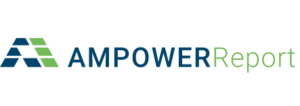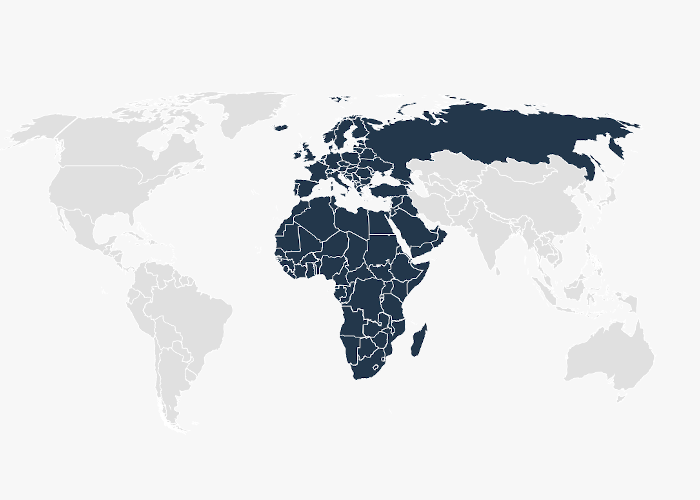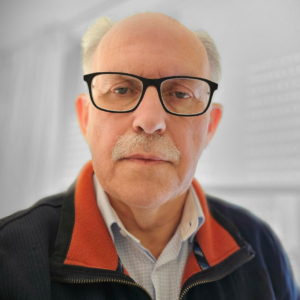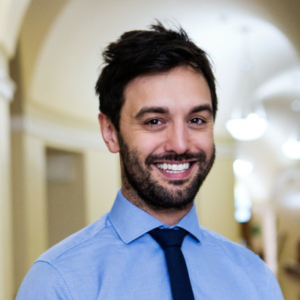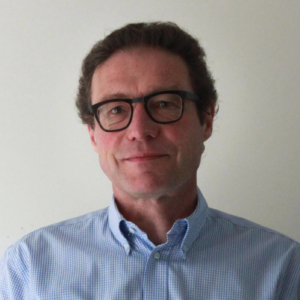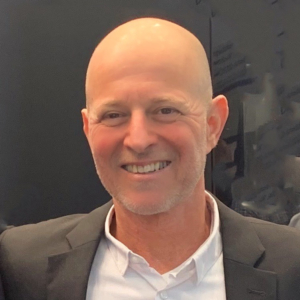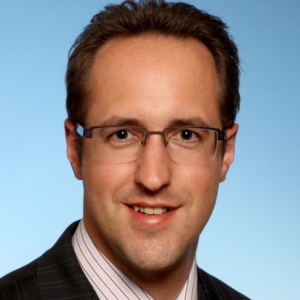The year 2023 closed successfully for Additive Manufacturing in Germany with a new visitor record at the world’s leading AM-trade fair Formnext in Frankfurt. The number of visitors increased by 11% (2019: 34,532, 2022: 29,581, 2023: 32.851) and the number of exhibitors by 7% (2019: 852, 2022: 802, 2023: 859).
The period leading up to Formnext in November 2023 was characterized by light and shade. The rather weak overall economic situation in Germany, with 0% growth in Q2 and Q3, also had an impact on progress in Additive Manufacturing. On the rather bright side, this overall development also led to fruitful discussion about the correct prioritization of Additive Manufacturing in political support and industrial use. It was recognized in 2023 that in 2024 it is necessary to strengthen the existing structures and initiatives for additive manufacturing again. There is also great potential in activating the private sector to a greater extent. As a result, the German large-scale industry-academia collaborations have benefited and are supposed to further benefit in 2024. Examples comprise:
1. Berlin: AM activities at Werner-von-Siemens Centre for Industry and Science
2. Hamburg: “IAMHH” initiative, driven by Prof. Ingomar Kelbassa of Fraunhofer IAPT and currently supported by 68 partners, mainly from Hamburg area
3. Munich: Launch of TUM Oerlikon Advanced Manufacturing Institute (2023) with 30 scientists as a result of “TUM.Additive” initiative, where Technical University Munich (TUM) bundles the research activities of more than 30 chairs and professorships in the field of AM.
4. Bavaria: progress in the negotiations on the creation of a “Bavarian Additive Manufacturing Cluster”
Besides the well-known technical advances achieved by German AM equipment manufacturers, the progress in polymer smoothening activities is particularly noteworthy. Germany has today three companies which focus on chemical smoothening of AM plastic parts. The most well-known one is DYEMANSION as part of the extended EOS family. Besides DYEMANSION, LUXYOURS entered the market a few years ago and released its new machine in 2023. Completing the list of Bavarian chemical smoothening companies, ASM entered this business and released its low-cost (below EUR 50,000 ) system at Formnext to beta customers. Using non-hazardous vapors, ASM technology is used to smooth plastic components and functionalize surfaces in a targeted manner.
Political discussions in Germany were dominated by more fundamental topics than Additive Manufacturing. However, the German AM community intensified its “internal discussions” on the ideal way of political support for the further development of AM in the international competition. One of the largest German Networks “MgA – We boost AM” decided at its annual meeting to prioritize exchange with political representatives in the upcoming business year. Also, the VDMA increased its support for AM. The VDMA is the German Association of Mechanical and Plant Engineering and with 3,600 members amongst the largest network organization and an important voice for the machinery and equipment manufacturing industry in Germany and Europe. Ultimately, the joint objective is to attract more financial support for the further development and implementation of AM.
Furthermore, numerous advances in research have been recorded. In particular, research in the field of multi-material processing of metals was successfully transferred to industrial applications. Two major projects with a funding volume of EUR 13.5 million were successfully completed in 2023 at the Fraunhofer IGCV (Augsburg/Munich), a pioneer institute in this field. The research results were taken up by industrial partners, resulting in the signing of a MoU between Fraunhofer IGCV and NIKON SOLM SOLUTIONS at Formnext 2023, for example. Furthermore, at the Chair DAP at Aachen University RWTH milestones in data-related topics for AM were achieved. In particular, the TRL level for DAP’s Open Vector format was increased and an open-source streaming protocol was released. Furthermore, progress in solutions for hydrogen applications was achieved.
The Bavarian Laser Center BLZ, together with Chair LPT at University Erlangen FAU increased its research in Pharmaceutical 3D printing. In particular, LPT-researchers used electrophotographic powder application for the fabrication of patient-specific tablets, allowing for patient-optimized arrangement of the different active pharmaceutical ingredients.
The independent research institute IFW, based in Jena, intensified its research in Sheet Lamination (SL) technology. In particular, ifw-scientists achieved 40% energy savings by utilizing innovative heated pressing plates. SL is in Germany a niche AM technology that combines laser- or water-jet cutting with subsequent diffusion bonding. This technology is in particular suitable for manufacturing of heat sinks or cold plates.
The DMRC team at Paderborn University reported progress in processing of flame-retardant polymers and AI driven process monitoring for laser-based powder bed fusion.
At the Technical University Munich, the EU-funded project InShaPe made progress towards its objective to enable a first-time-right PBF-L/M process with up to 7 times higher build rates through beam shaping.
